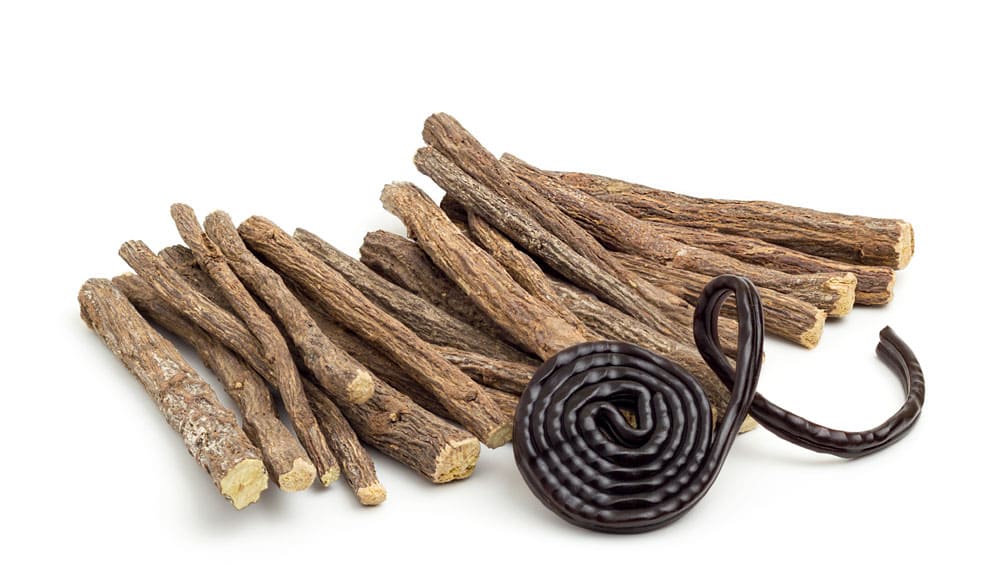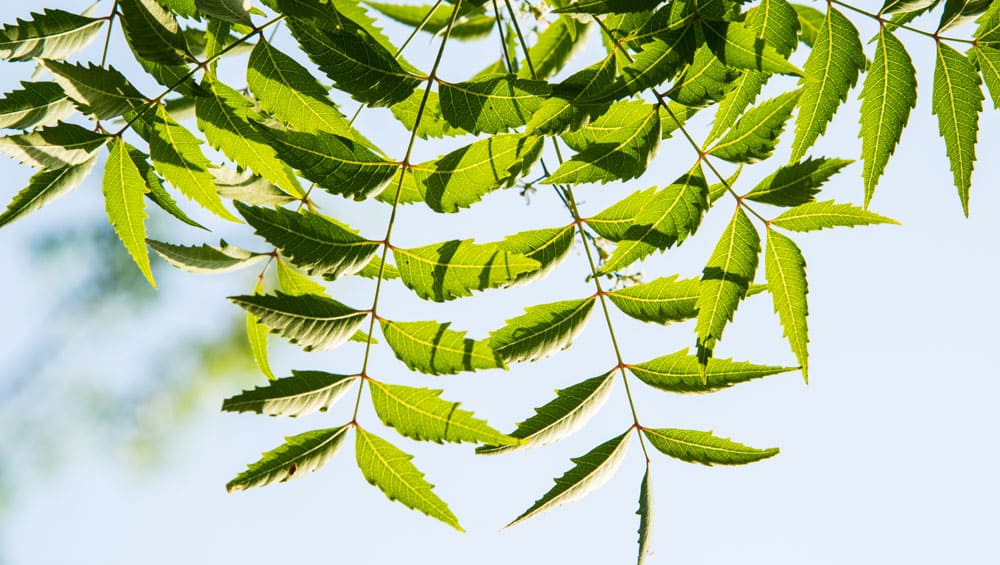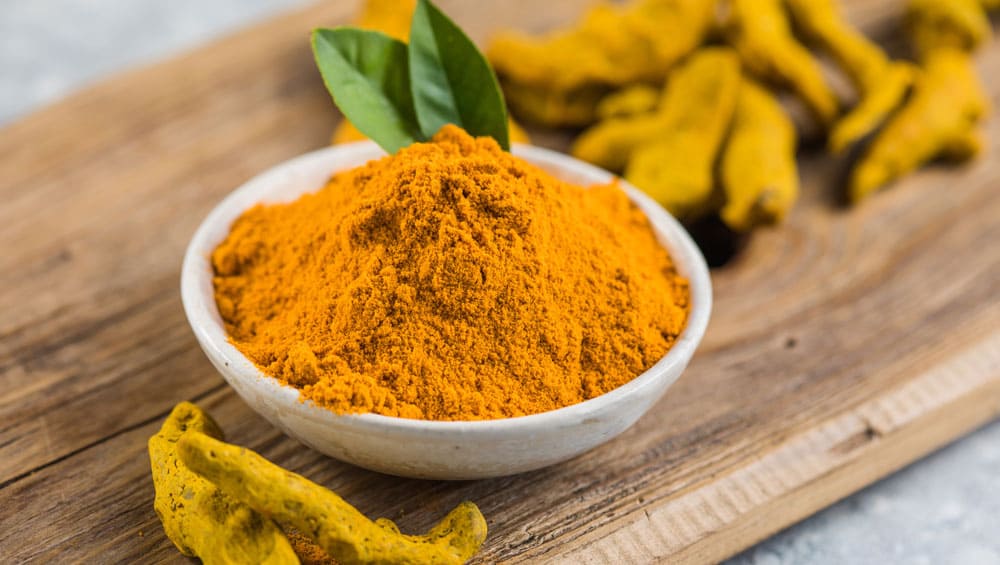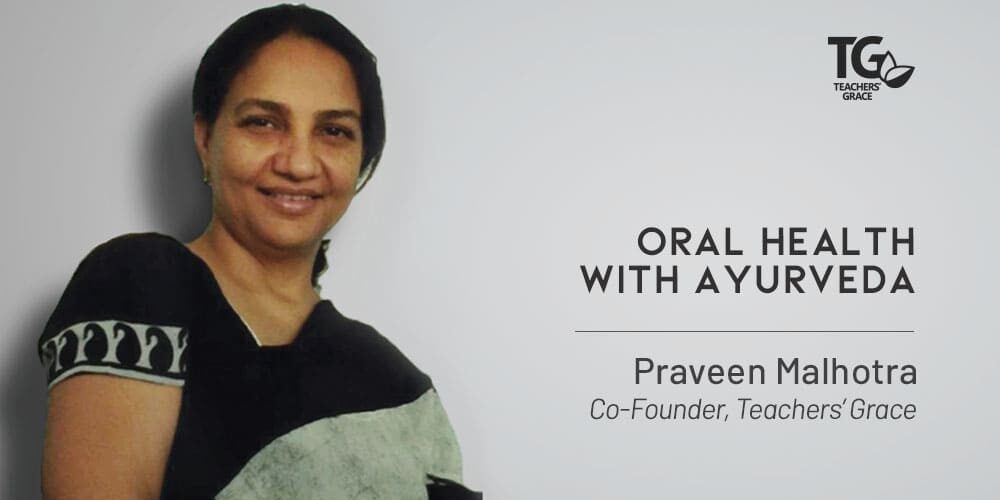No products in the cart.
Oral Health with Ayurveda
Oral Health has a significant role to play in overall health since it contributes to the first stage of the digestion process. Food is broken down in the Mouth and has to be properly chewed for it to be digested properly. Poor Oral health leads to decay of teeth and infected gums. These germs promote the growth of bacteria which is harmful if they get mixed with the food and enter our digestive tract. Oral health also has a bearing on our beauty and emotional health.

Ayurveda gives us directions and techniques where preventive health care can ensure very good oral health. Its simple techniques, when practiced daily, help build strong teeth, and healthy gums and prevents bad odour. These techniques are even being recommended by modern health care because these are a holistic way of looking at preventing tooth decay.
Chewing Sticks or Datun (in Hindi)
It is recommended in Ayurveda to chew sticks of certain plants in the morning as well as after meals to help prevent tooth decay and cleanse the mouth cavity. These sticks, or Datun as we call them in Hindi, can be bitter, astringent, or acrid in taste. This is equivalent to brushing the teeth but it may not be completely similar to it. The sticks are chewed first to soften them. Once they are soft, they can be gently rubbed on the teeth like a toothbrush. They can also be rubbed on the tongue like a tongue cleaner. Chewing on the stems has an anti-bacterial and mouth-freshening action.

There are many types of Sticks or Datun that can be chewed.
First is Liquorice or Mulethi, which is used as an astringent.
The Second is Acacia Catechu or Khadir in Hindi. This herb is known to be very useful in many skin diseases; hence it is very useful for any gum diseases.
Thirdly, the Neem Datun is the most widely known and very popularly used. Neem is known for its anticavity and antiplaque effectiveness. It is widely used in toothpaste. as well.

It is the most recommended twig for use in Oral care because of its benefits:
1. Brightens teeth
2. Freshens the Mouth from bad odour
3. Treats Pyorrhoea
4. Keeps the Gums Healthy
5. Purifies Blood and the Digestive Tract
6. Reduces the diseases related to Kaph Dosha

Apart from Neem, the Arjuna herb, Fever nut, and Milkweed plant have medicinal and anti-cariogenic properties recommended for good dental health. Mango leaf is also used for cleaning teeth. It is rubbed on the teeth and even used as a tongue cleaner. This is a popular practice, mostly in the southern part of India. It is anti-bacterial and leaves the Mouth free of bad odour. Miswak is another useful herb in preventive oral health care. It is protective of the tooth enamel, anti-bacterial, and anti-microbial. Miswak is also useful for gums and prevents gingivitis.
Oil Pulling
Oil Pulling is a procedure in which a mouthful of Oil is taken and swished like doing a gargle. The Oil is kept in the Mouth for 7 to 10 minutes and then released from the Mouth. Oil Pulling can be done with Sesame oil, Sunflower oil, or Coconut Oil. However, Sesame oil is considered to be the queen of oil crops because of its benefits.
In Ayurveda, Oil Pulling is referred to as Kavala or Gandushaand it is said that Oil Pulling can cure more than 30 diseases ranging from headaches to Migraine to Diabetes and asthma. Oil pulling is a traditional remedy to prevent tooth decay, bleeding gums, and bad breath. It is also good for dryness of the throat and to strengthen teeth and gums. It is also known to protect the body from viral and other flu-like infections. Brushing is not recommended when a patient is suffering from Mouth ulcers, Fever, Indigestion, Asthma, and Cough. Oil pulling or Gandusha is a simple treatment that, when done regularly, enhances the taste buds, brings a feeling of freshness, and invigorates the mind. It also benefits the dry face, dull senses, exhaustion, anorexia, loss of taste, and improves eyesight, sore throat, and other Kapha-related imbalances. Oil pulling has been found very beneficial for gingivitis as compared to regular mouthwashes.

In Ayurveda, Oil pulling is said to purify the entire system because it is believed that each section of the tongue is connected to different organs such as kidneys, lungs, liver, heart, small intestines, stomach, colon, and spine. Oil pulling can be done any time but it is advised to do it either the night before going to bed so that the oral cavity is cleansed from the food that has been eaten all day and it does not rot in the Mouth and lead to decay or First thing in the morning on an empty stomach. Apart from the techniques like Oil pulling, Ayurveda recommends Amla as a good herb for Oral Health. It can be eaten raw or cooked for long-term benefit to Oral health. Amla helps in the regeneration of the tissues that support and strengthen the gums.
Ayurveda considers teeth as a part of the bone tissue since their sockets are like joints. Herbs that are good for the bones are recommended for the long-term benefit of teeth. It recommends licorice Root, Cinnamon, Turmeric, and Yellow dock root to strengthen the teeth. Chewing sticks and Oil Pulling, if made a daily part of the oral healthcare regimen is highly beneficial in preventing tooth decay and keeping healthy gums. They also ensure good overall health because they trap any viruses or bacteria traveling into the digestive tract. It is advised to avoid refined sugar in foods, especially at night, because it is known to cause tooth decay and cavities. If you have eaten Refined sugar, then use a mouthwash or use Oil pulling to cleanse your Mouth thoroughly before going to bed.

Ayurveda recommends Turmeric and Alum ( Fitkari) mouthwash which not only cleanses but also helps with tooth and gum infections. A pinch of Turmeric powder, Alum Powder, and Rock Salt in hot water is an excellent mouthwash for infected teeth and gums. Sipping warm water with Lemon juice after meals cleanses and rinses your teeth and gums. It also acts as a metabolic enhancer and aids the digestion process by cleansing the tract of excess Oil and burning the fat.


